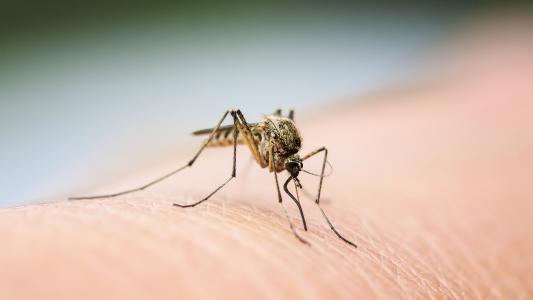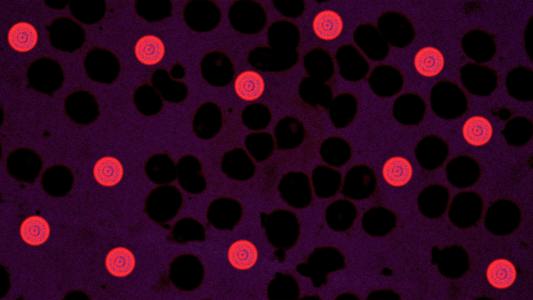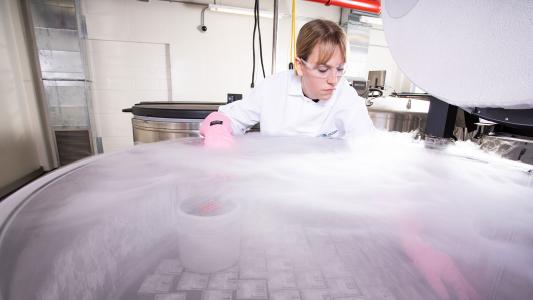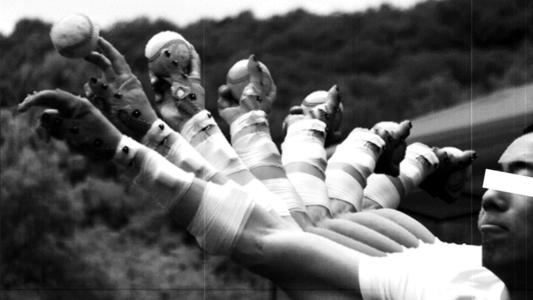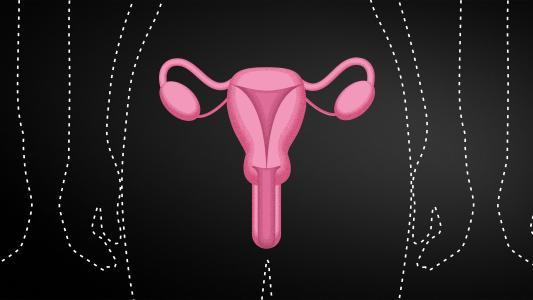Biology
Microbe in mosquito guts completely blocks malaria parasite
Scientists have discovered a microbe in the guts of mosquitoes that appears to prevent the most common malaria parasite from infecting the insects.
Bioengineered blood soaks up toxins inside the body
Tiny sponges that look and act like red blood cells remove toxins from the body.
Researchers are rushing to freeze… lab mice sperm?
With their labs closing and the future unclear, researchers are sending precious cargo — the sperm of lab mice — to be frozen and stored.
Your new sex ed teacher is a chatbot
This chatbot is filling in gaps in sex education by talking with teens to answer awkward questions about topics like health, sexuality, and identity.
Can green light therapy cure chronic pain?
Scientists are finding that exposure to the color green, also known as green light therapy, could provide natural chronic pain relief.
Series|
The Edge
Eye tracking gives athletes an unprecedented edge
With eye tracking technology, athletes can now monitor, analyze, and train their eye movements to effectively reduce their average reaction time.
The strange science of sports recovery with Christie Aschwanden
From infrared pajamas to cryo chambers, athletes swear recovery methods give them an edge on the playing field. But what does science have to say about it?
Unlocking the mysteries of muscles in motion
New kirigami-inspired skin patch may help people avoid injury, as it expands our understanding of muscle activity.
Series|
Catalysts
Rethinking addiction recovery with fitness
In partnership with Stand Together
As drug overdose deaths climb higher, this gym is challenging the thinking behind traditional models for addiction recovery services with free memberships open to anyone sober for at least 48 hours.
Series|
Future of Fertility
Uterus transplants: A step closer to overcoming infertility
About 1 in 500 women have a condition that prevents pregnancy called absolute uterine factor infertility, but recent developments show promise that a uterus transplant surgery could be the solution.
